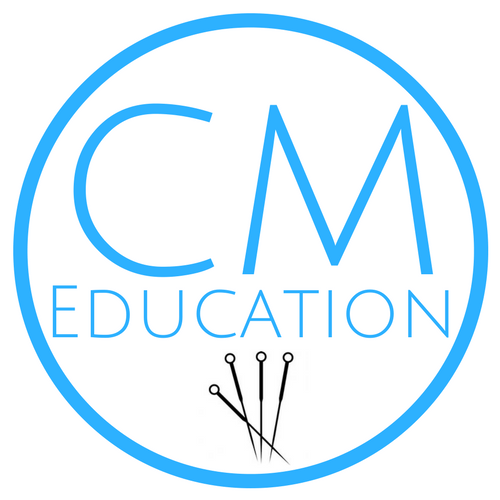Principles of TCM with Tony Reid
How to Enhance Your Diagnostic Skills for Successful Practice
(Please note: This course is in 3 Modules. Each is sold separately & you can see the other modules below on this page. This is the purchase page for Module 3, but has information on the entire course.)
This step-by-step self-study course is suitable for healthcare professionals, especially:
- New graduates of TCM who wish to deepen their knowledge
- Acupuncturists who wish to expand their TCM treatments
- Beginner, specifically practitioners of non-TCM modalities
Each chapter has multiple choice questions to consolidate your learning.
Table of Contents
Module One: Foundations (this module)
- Preface
- How to Approach This Course
- Introduction: Historical Background
- Chapter 1: The Fundamental Concept: Qi
- Chapter 2: Yin-Yang Theory: The Principle of Complementary Opposites
- Chapter 3: The Five Elements (wu xing): the Divisions of Cyclic Change
- Chapter 4: The Internal Organs (zang-fu)
- Chapter 5: The Basic Physiological Substances (ji ben wu zhi)
Module Two: Etiology & Diagnostic Methods
- Chapter 6: Etiology (bing yin) – Part 1:
- The Six Endogenous Pathogens (liu yin)
- The Five Endogenous Pathogens (wu xie)
- Chapter 7: Etiology (bing yin) – Part 2:
- Emotional Factors
- Diet, Work & Rest
- Pathogens derived from Qi, Blood and Body Fluids
- Pathogenesis (bing ji)
- Chapter 8: The Eight Principles (ba gang)
- Chapter 9: Diagnostic Methods (zhen fa) – Part 1: Inspection and Case History Taking
Module Three: Pattern Differentiation & Treatment Methods
- Chapter 10: Diagnostic Methods (zhen fa) – Part 2: Examination of the Tongue
- Chapter 11: Diagnostic Methods (zhen fa) – Part 3: Examination of the Radial Pulse
- Chapter 12: Syndrome Differentiation (bian zheng) – Part 1: The Qi; Blood; body Fluids
- Chapter 13: Syndrome Differentiation (bian zheng) – Part 2: Liver; Heart
- Chapter 14: Syndrome Differentiation (bian zheng) – Part 3: Spleen; Lung
- Chapter 15: Syndrome Differentiation (bian zheng) – Part 4: Kidney; Dual Organ Syndromes
- Chapter 16: Syndrome Differentiation (bian zheng) – Part 5: The Fu Organs
- Chapter 17: Treatment Principles (zhi liao fa ze)
- Chapter 18: Classification of Herbal Formulas
- Appendix 1:
- Syndromes of the Six Channels: Shang Han Theory (Cold-induced diseases)
- Syndromes of the Four Aspects: Wen Bing theory (Warm diseases)
- Appendix 2:
- The Four Great Schools of TCM in the Jin-Yuan dynastic period
- Appendix 3:
- Glossary of TCM Terminology
- TCM Theories and Concepts
- Diagnosis
- Treatment
Extras*
- Bibliography, online sources & recommended texts for advanced exploration)
*”Extras” are included with all 3 modules
Details
This course is unfortunately no longer available for purchase
